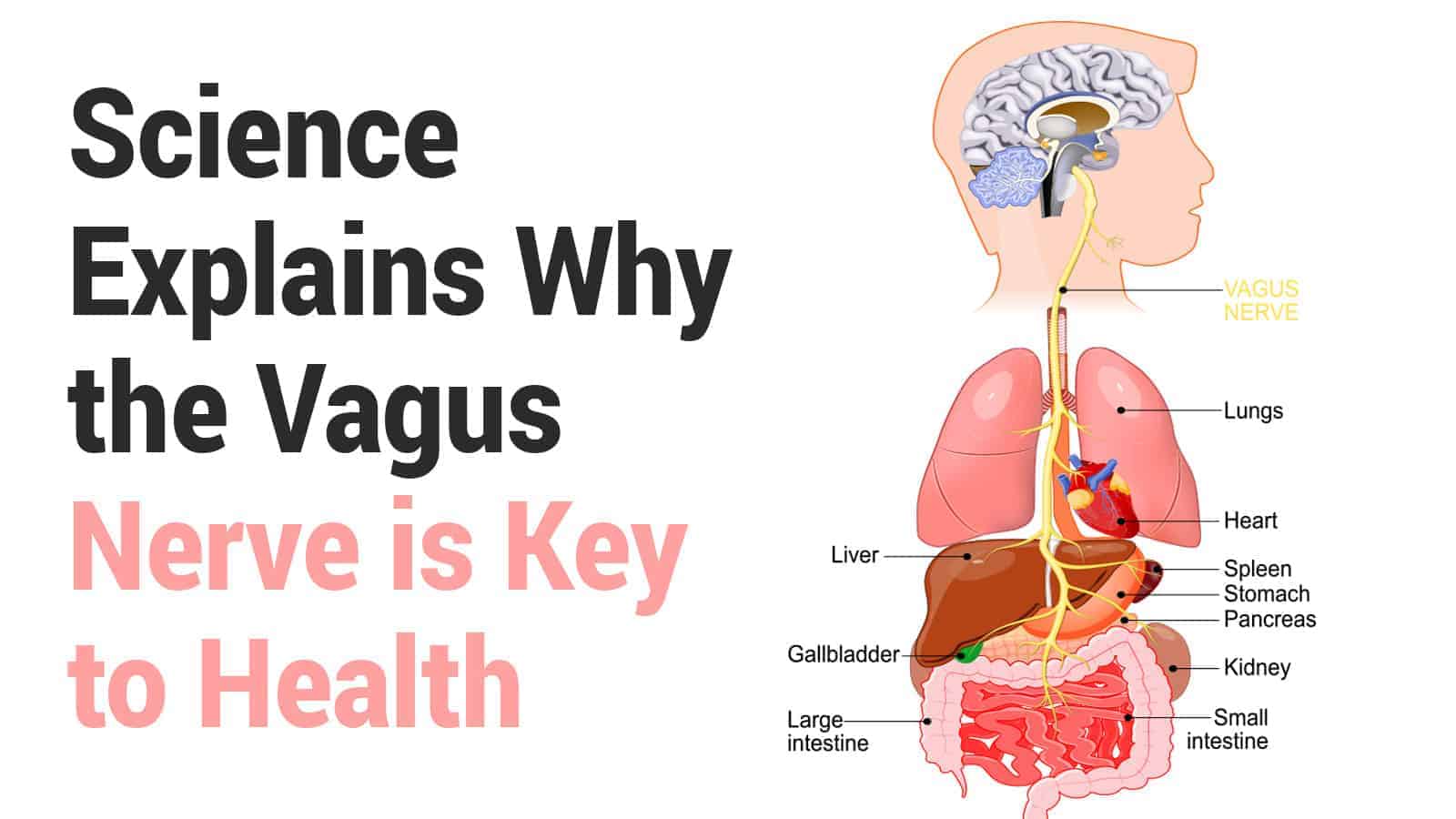Whenever you experience a lack of blood flow to the brain, you can faint. Fainting is an abrupt loss of consciousness that occurs for many reasons. The medical term for this condition is syncope, and it can be an acute issue or one of a chronic nature.
The good news is that people who faint usually wake up rather quickly. If you should ever be around someone who passes out, you should allow them to lie flat until they regain consciousness. The key is to figure out the reason why they fainted because it can happen again.
Some people are more prone to spells of syncope than others. Typically, if a person is going to have issues of this nature, it starts at the onset of the teenage years.
The progression when someone is going to faint:
- A person feels flushed, and a hot sensation overtakes them.
- There is a feeling of total body weakness.
- They break out in a cold sweat.
- They lose consciousness
- The body goes limp
It’s possible to have periods of syncope while standing, but it’s more dangerous. A person in the upright position who passed out will fall to the ground. When unconscious, the heart automatically kicks into overdrive to correct the issue to restore consciousness.
Signs of Impending Syncope
Since there are various reasons why syncope might occur, there are also numerous signs and symptoms to watch for. Some of the most common symptoms that a person is about to pass out includes:
- Disorientation
- Sudden hearing loss
- Flushing sensations
- Weakness
- Nausea
- Lightheaded
- Blurry vision
- Tunnel vision
- Turning pale in color
- Cold sweating
- Cold chills
- Difficulty breathing
- Headaches
One common cause of syncope is the stimulation of the vagus nerve. If this is the cause for passing out, these folks often experience abdominal cramps or feel the need to have a bowel movement right before they faint.
Have you ever seen someone faint in a movie or on television? They typically fall gracefully to the floor while one hand goes gently over their forehead. If it’s a woman, there’s usually a handsome male standing by to catch her. If only things were that neat and tidy in life.
In the real world, when someone faints, it can be a range of mild to violent. When the brain is robbed of proper blood flow, the muscles don’t receive the appropriate signals. Sadly, the muscles lose all tone, and the body falls. If you ever see someone appear to have an electric jolt after they pass out, it’s due to the blood quickly leaving the brain leads.
Many people mistake this action for a seizure, though it’s nothing more than a short tremble. It’s remarkably similar to the same feeling you have when your arm or leg goes to sleep. The technical term is myoclonic contraction. A person who is experiencing syncope is feeling that “pins and needles” feeling in the brain.
Syncope and seizures both are issues within the brain, but they’re treated differently.
Regaining Consciousness
While lying on the ground, the brain starts getting the proper blood flow. Once the flow is restored, the person will awaken. Each person is different, and the underlying reason can also dictate how long it takes to regain consciousness. Some folks have consciousness restored in a matter of seconds, while others take several minutes to wake up.
Many things start to happen when a person regains consciousness; they are as follows:
- Color returns to the skin, and the pale color vanishes
- The pulse still races to try to get blood to the proper areas of the body.
- Sweating subsides
- Incontinence
What Causes a Person to Faint?
The vagus nerve is a vessel that runs from the brain to the digestive system. The primary duty of this nerve is to make sure that the gut gets proper blood flow. When you eat, this nerve makes sure that both the intestines and the stomach receive blood for digestion.
If necessary, the vagus nerve will pull blood from the brain or body tissues to help food pass. At times, this nerve doesn’t work correctly or becomes hypersensitive, and it draws too much blood from an area. There are many instances in the body where this nerve works harder, such as when someone is sick and puking or when you use muscular strength to have a bowel movement.
Other situations that cause stress to this nerve can include bodily pains and cramping during the menstrual cycle. Since these conditions force an alteration to the blood pressure, the vagus nerve steps into overdrive. Here are some situations to watch for that indicate that a person could pass out.
1. Irregular Heartbeats
Have you ever felt your heart flutter or skip beats? Your heart is responsible for getting blood to the entire body, including the brain. Your blood pressure is what regulates this process to keep it flowing. If the heart is not functioning correctly, then the blood pressure may fluctuate.
The heart can be the cause of syncope. If a person feels their heart is going too fast, it’s essential to check the pulse. If it’s beating more than 150 beats a minute or under 70 bpm, it can cause a person to pass out.
2. Lack of Fluids
According to United States Geological Survey, the human body is made up of 60 percent water. You need water to survive, and if your levels get too low, it can cause you to pass out. Being dehydrated can occur for many reasons, such as a bout with sickness where you have vomiting and diarrhea, or it can come from being out in the sun too long.
Additionally, it will stimulate the vagus nerve to react when vomiting and have frequent bowel movements.
3. Using Drugs or Alcohol
It’s not uncommon for people to lose consciousness when they’re drinking or using drugs. Although it’s technically not called fainting, the principles remain the same. Alcohol has a sedation effect, and it makes you urinate more frequently.
You can quickly become dehydrated from your frequent trips to the bathroom. Another issue with alcohol is that it dilates your blood vessels and causes your blood pressure to dip. The body goes into a shock-like state, and you lose consciousness.
According to the Centers for Disease Control, more than 2,00 people die each year from alcohol poisoning, which will also cause them to pass out. When someone passes out due to heavy intoxication, it means they’re severely inebriated.
4. Shock
Most of the reasons people pass out are related to vagus nerve issues, but this is not always the case. When the body goes into shock, it’s usually caused by a drop in blood pressure. It seems that most people are so focused on high blood pressure that they don’t stop and realize that low blood pressure is just as dangerous.
A state of shock can occur when a person has an allergic reaction, an infection in the body, the heart is not working correctly, or significant blood loss. When the body goes into shock, it’s a severe condition. It’s usually accompanied by confusion, disorientation, and finally, a loss of consciousness.
Though it’s not actual syncope, it appears the same on the outside. The only difference is when someone passes out, they come too quickly, and someone who is in shock won’t wake up.
5. Anxiety and Panic Disorder
According to the National Institute of Health, 6 million people, or 2.7 percent of the American population, suffers from panic and anxiety disorder. Stress has a direct effect on the vagus nerve, which is why some people can pass out during an anxiety attack.
The parasympathetic nervous system is responsible for keeping your pulse and blood pressure regulated. When someone is having an anxiety attack, they become hypersensitive. Thus, this action can cause the vagus nerve to be aroused, resulting in the person passing out.
Final Thoughts on Understanding Why Someone Might Faint
Though fainting by itself is not a cause for alarm, the underlying reason must be identified. For instance, if a person’s heart is not functioning correctly, passing out could be a sign of cardiac arrest. Playing the wait-and-see game can be dangerous because every minute counts when it comes to things like heart attacks.
The key is to make sure that the person is breathing. If you don’t detect any breathing, then you need to call for help. One simple trick to help restore blood flow to the brain is to elevate the feet to see if it helps them wake up quicker.
Some people have a history of syncope, and no real reason can be uncovered. However, for others, it’s a serious matter that needs medical attention. When you witness someone pass out, give them a few minutes to see if they come too.
If they don’t come too quickly, then you need to call 911 for help. Chronic medical problems and recent illnesses are common causes for syncope, but there are many other causes. It’s always best to be evaluated by a doctor when someone passes out.



















